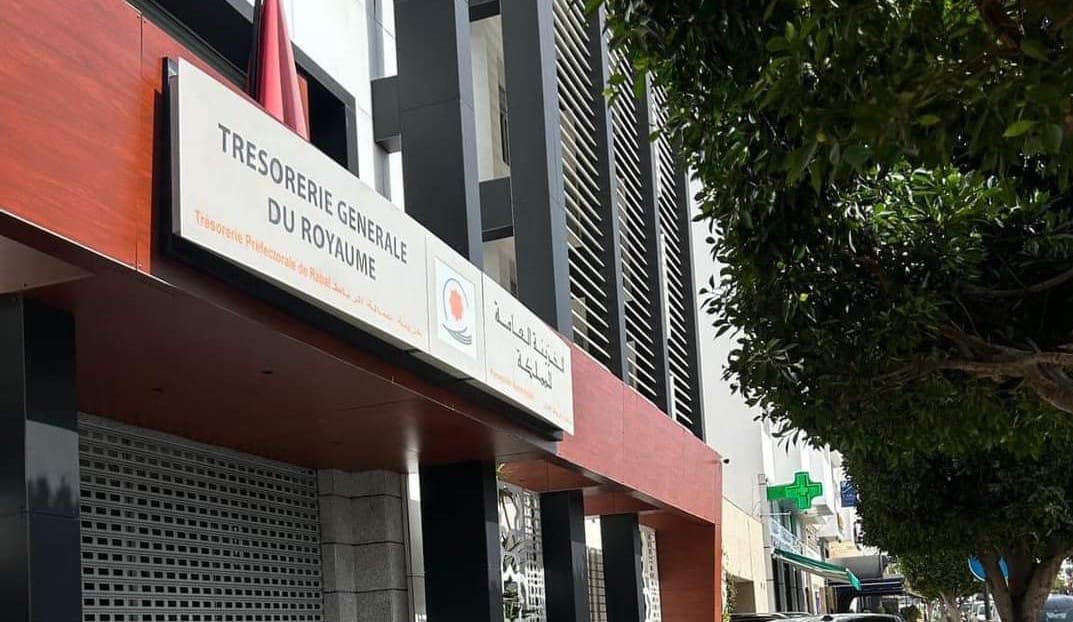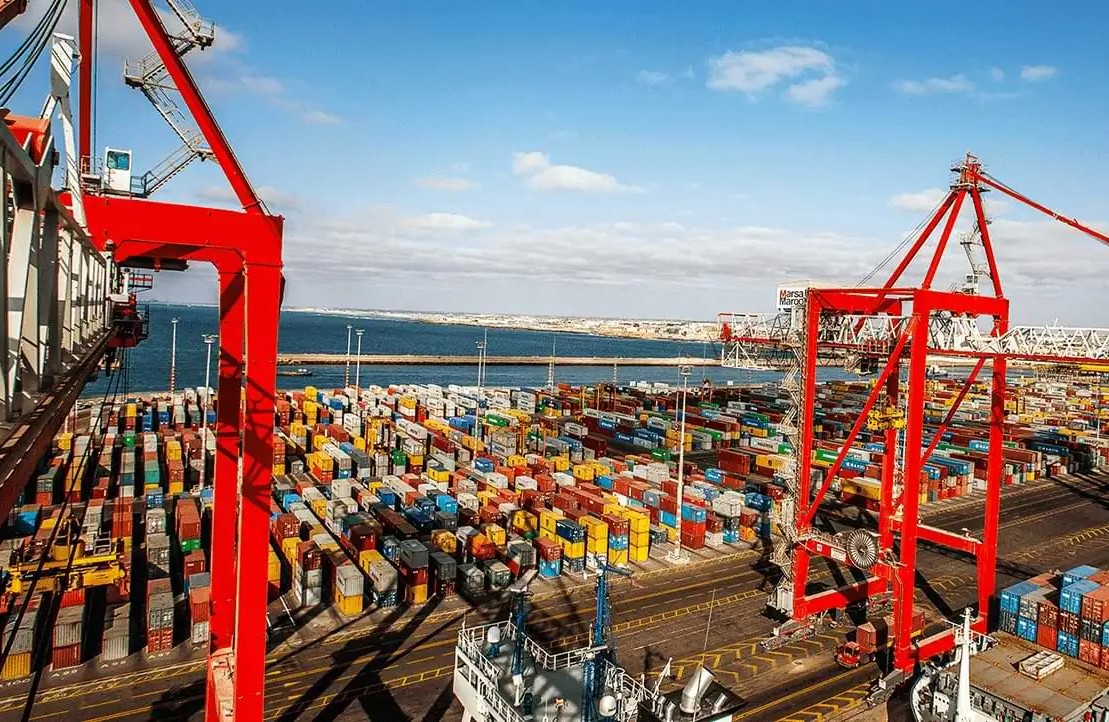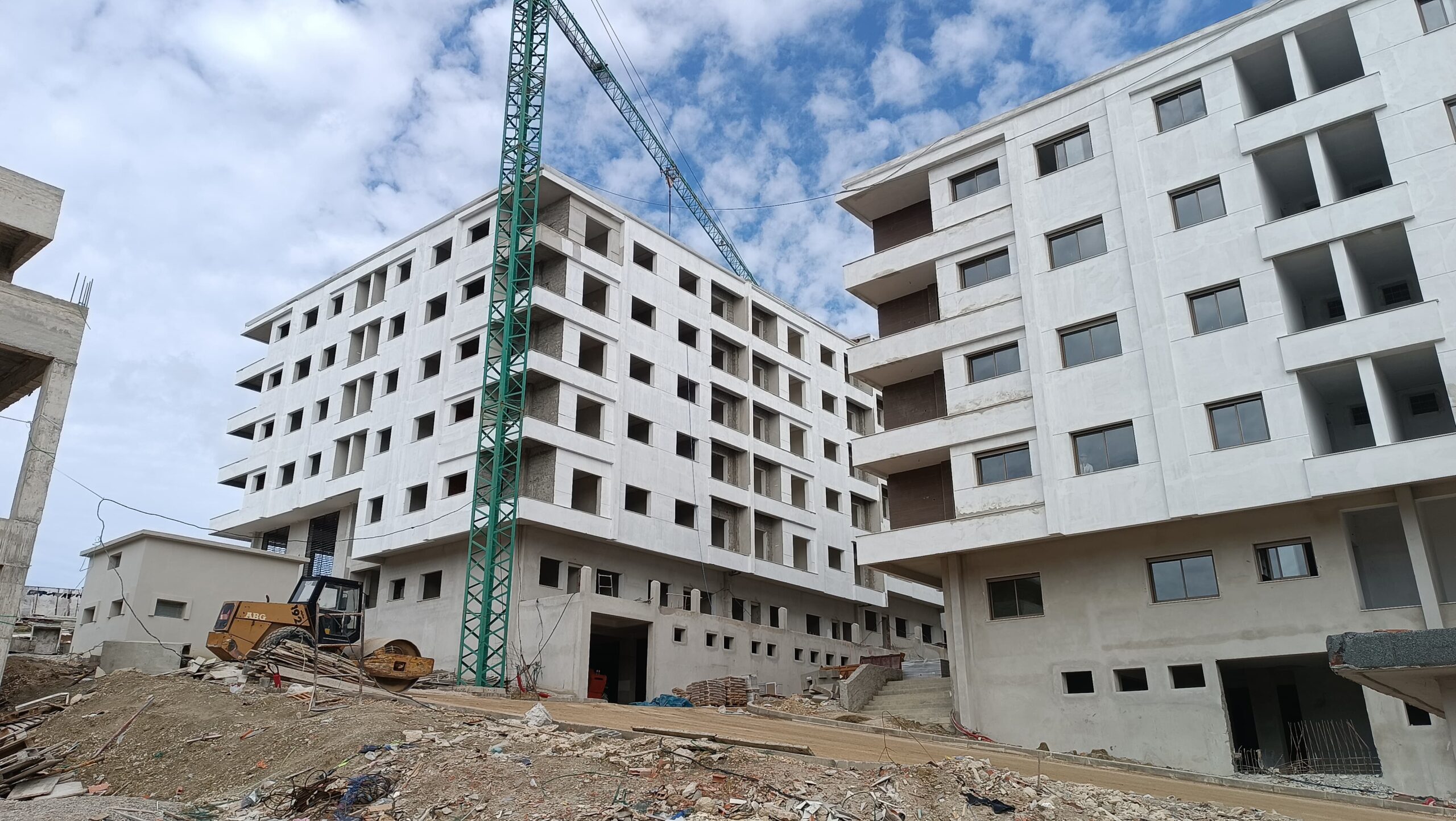Casablanca – The Moroccan government has unveiled a series of significant tax reforms as part of the Finance Bill for 2025, aiming to enhance fiscal transparency, stimulate economic growth, and provide targeted relief for various segments of the population. These proposed measures, which are currently under parliamentary review, encompass a wide range of changes affecting income tax, corporate tax, and value-added tax (VAT).
One of the most notable adjustments is the revision of the income tax scale. The government plans to increase the tax-exempt income threshold from $3,093 to $4,124 annually. This change is expected to exempt monthly salaries below $619 from income tax, thereby alleviating the financial burden on low- and middle-income earners. Additionally, the government is set to reduce the marginal tax rate from 38% to 37% and is revising the other income brackets to potentially lower rates by up to 50%.
In a bid to enhance family support, the proposed bill also seeks to raise the annual deduction for family burdens. Further, the government intends to streamline regulations regarding internship compensation, extending exemptions for certain types of income. This includes specific provisions for retirees and non-Moroccan staff working with FIFA representatives in Morocco, ensuring that these groups can enjoy tax relief under the new measures.
Corporate taxation is also on the agenda, with the bill expanding the scope of the corporate tax to include partnerships with at least one legal entity or more than five individual partners. Notably, FIFA’s activities in Morocco will be entirely exempt from corporate tax, reflecting the government’s commitment to supporting international sporting events. Furthermore, a temporary VAT exemption will be applied to the importation of essential agricultural products and livestock, aimed at stabilizing food prices in the market.
The Finance Bill proposes an increase in the VAT revenue allocated to local authorities, raising the minimum share from 30% to 32%. This adjustment is intended to empower local governments and enhance public services.
In terms of registration duties, the bill clarifies tax regulations on long-term lease contracts and introduces penalties for professionals who fail to register electronically. It also establishes that notaries must ensure that contracts are accompanied by electronic signatures, streamlining the administrative process.
Additionally, the proposed reforms include a new 5% withholding tax on property transfers, aimed at ensuring better revenue collection from real estate transactions. A special tax on cement production and imports is also being introduced, set at $0.01 (0.15 dirham) per kilogram, which will apply to both domestic and imported cement, further broadening the government’s tax base.
As the 2025 Finance Bill progresses through parliamentary discussions, these proposed measures represent a concerted effort by the Moroccan government to adapt its tax system to contemporary economic realities, promote investment, and foster a more equitable tax environment for all citizens. The final implementation details are expected to be confirmed by the end of December 2024, with stakeholders eagerly anticipating how these changes will shape Morocco’s economic landscape in the coming years.
















